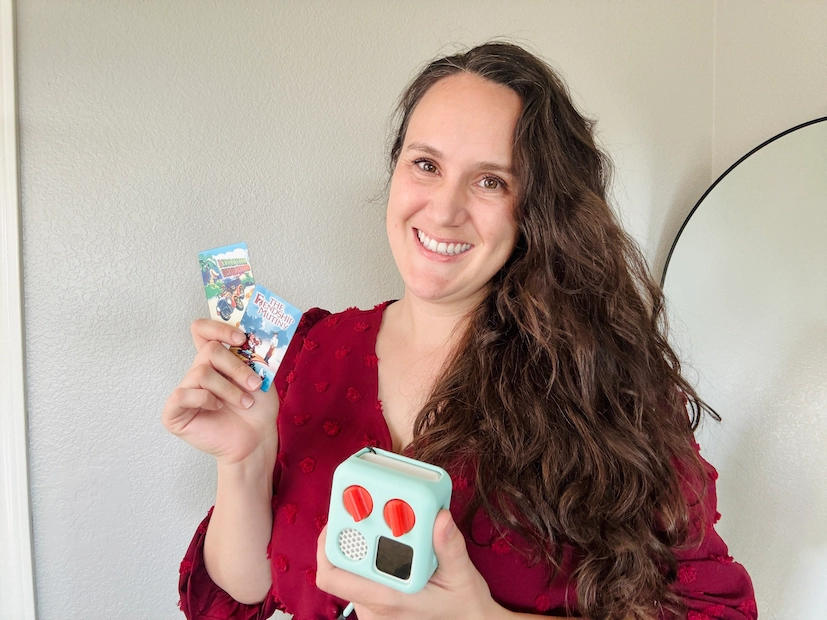To achieve financial stability, you have to have a budget. There’s no way around it. Budgeting is crucial for financial control, goal achievements, and expense management. We all know that financial stress can result from poor money management.
Why is Budgeting Important?
Financial Control
Budgeting is a tool that can help you take control of your finances by allowing you to track income and expenses, ensuring you aren’t living outside of your means.
Goal Achievement
Budgeting enables you to allocate resources towards your financial goals, such as saving for a house, retirement, paying off debt, or even that dream vacation you want! Saving $10,000 is doable! It feels good to be able to achieve a financial goal.
Expense Management
Budgeting helps identify and eliminate unnecessary spending, making managing daily and/or monthly expenses easier and avoiding overspending. Did you know a recent study found that forgotten monthly subscriptions cost consumers an average of $133?? Budgeting accounts for every dollar, so you know exactly where your money is going and additionally you don’t forget about a recurring subscription service.
Emergencies
A budget often includes an emergency fund, which provides a financial cushion in case of unexpected expenses, such as medical bills, car repairs, home repairs, etc. If you have funds allocated for emergencies, you don't have to worry about getting deep into debt if you are in a situation where you need to fund the unexpected.
Debt Elimination
Some debt is unavoidable such as home mortgages, medical bills, and student loans. With a budget, you can create a plan to pay off debt more efficiently, reducing interest costs and freeing up money for other purposes. I try never to pay interest by paying off my credit cards in full each month, so the statement balance is zero. I have enjoyed listening to Dave Ramsey and learning about his 7 baby steps on debt elimination and financial freedom.
Improved Decision-Making
Knowing where your money goes allows you to make informed decisions about your spending and investments, aligning them with your priorities. Where do you want to donate your money? Where do you want to avoid spending money? Money doesn’t come easy, so it always involves decisions that need to be made.
Peace of Mind
A well-structured budget reduces financial stress by providing a clear picture of your financial situation, helping you avoid financial surprises and plan for the future. Keeping a budget can help you be comfortable with managing your money, no need to be afraid to look at your bank or credit card statements!
Misconceptions to Budgeting
There are several common misconceptions about budgeting that can turn people off from using a budget effectively. Here are a few:
1. Budgeting is Restrictive
Many people think budgeting means restricting all pleasurable activities/purchases and only focusing on bare necessities. In reality, a budget is about prioritizing spending according to your values and goals, which can include setting aside money for fun! We make sure to budget in date nights or personal spending. Budgeting is a way of creating healthy financial boundaries which leads to more and more freedoms, not restrictions.
2. Only for People with Financial Problems
Some believe that budgeting is only necessary for those who are struggling financially. However, budgeting is beneficial for everyone, regardless of your income level, as it helps manage finances, save for future goals, and avoid potential financial pitfalls.
3. It's Too Complicated
People often think that budgeting requires complex math, accounting skills, or even a financial advisor. While it can be detailed, budgeting can also be simple, using basic tools like spreadsheets (we use Google Sheets), apps, or even pen and paper to track income and expenses.
4. Budgets are Rigid
Another misconception is that a budget can't change once it's set. In reality, budgets should be flexible and adjustable as your financial situation or priorities change. Each month, take a glance at your budget and factor in current inflation. And ask yourself the following questions: What item/service has increased in price? Do I need to keep that item/service? If so, where can I scale down to save money?
5. Budgeting is Time-Consuming
Many think that budgeting takes too much time. While setting up a budget might require some initial effort, maintaining it is often quick and easy, especially with the help of budgeting tools or apps. Each month, I copy and paste the previous month’s budget template into a new budget in Google Sheets, and tweak it accordingly.
6. Budgeting Means No Spontaneity
People often think that budgeting eliminates the ability to make spontaneous purchases. In truth, a budget can include a "fun" category that allows for unplanned spending within a set limit. Some believe that budgeting means no room for personal spending or treats. A good budget actually includes allowances for discretionary spending, making it possible to enjoy life while still staying on track with financial goals.
These misconceptions can lead people to avoid budgeting or misuse it. Understanding that a budget is a tool for financial empowerment, not restriction can help people use it more effectively.
How to Create a Budget on Google Sheets
- If you don’t have a Gmail account, create an account.
- Go to Google Sheets
- Use their free budget template
- Create spending categories
- List out all sources of income and expenses
- Record each purchase/bill and paycheck
Get started with this simple and free Google Sheets Budget Template
Avoid These Mistakes When Budgeting:
1. Forgetting to add in minor expenses
The pack of gum you bought at the gas station matters! Every dollar spent needs to be accounted for. This can help with monitoring fraud, or just simply unnecessary spending. I know it is embarrassing, but I have called my financial institution over CENTS sometimes just to make sure it was a legit purchase. There is a well-known type of scam often referred to as the "penny shaving". The basic idea is that a scammer takes very small amounts of money, often just a fraction of a cent or pennies, from a large number of accounts. Because the amounts are so small, they often go unnoticed by the account holders. Over time, these small amounts can add up to a substantial sum.
2. Not setting a financial goal
Goalsl can be simple! Differentiate between short-term and long-term goals. For example, do you plan to save for a vacation, pay off debt, or build an emergency fund? If you set goals for yourself, you can allocate your resources more effectively.
3. Not taking budgeting seriously
I have made this mistake several times where I start to get carried away with online shopping. Sure, I added what I spent to my budget sheet, but I wouldn’t seem to mind if I went over budget. Now I try to be very careful of impulse shopping. Before I am tempted to click checkout, I ask myself, is this necessary, and will this put me over budget?
4. Not updating your budget once expenses come/go
Regularly updating your monthly budget ensures an accurate snapshot of your finances. If your internet or cable bill has increased, adjust that category and look for other areas where you can make small reductions.
5. Having too many credit cards or bank accounts
You will most likely get burned out if you are trying to keep track of all your spending if you have multiple credit cards, or multiple bank accounts. Try to consolidate your credit cards into 1-3 per household, and 1-2 bank accounts per household.
Budgeting doesn’t have to be a tiresome chore each month. Managing your money successfully begins with knowing where your money is going. Start small and gradually refine your budgeting approach.









.webp)





